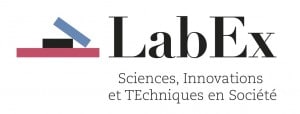Abstract
Cybersecurity research increasingly involves non-engineering disciplines, such as psychology, social science and law [ 41 ]. In this paper, we argue that cybersecurity research is not only reshaped through new methods and concepts of these adjacent fields, but also through shared interdisciplinary practices. Existing literature on interdisciplinarity in cybersecurity is primarily concerned with defining ideal models that are based on ideals, rather than in empirical research of how interdisciplinarity is formed in practice. We offer an ethnographic analysis of interdisciplinary formats based on our four-year participation in the ongoing interdisciplinary cybersecurity PhD programme SecHuman at the Ruhr-University Bochum, Germany. The PhD programme brings together engineers, social scientists as well as humanities scholars. Drawing on methods and literature of ethnographic science and technology studies (STS), we attend to eight different interdisciplinary formats and analyse how they shape cybersecurity research: its logics of accountability, of innovation, and of ontology [3]. This leads to a typology of five modes of interdisciplinarity that can be found in the PhD programme: 1. choice, 2. subordinate-service, 3. integrative-synthetic, 4. trading, and 5. agonistic-antagonistic. Based on our empirical findings, we discuss how each mode shapes cybersecurity, and conclude with suggestions of how to craft interdisciplinary formats in the field.
See all documents refering Cortext Manager






